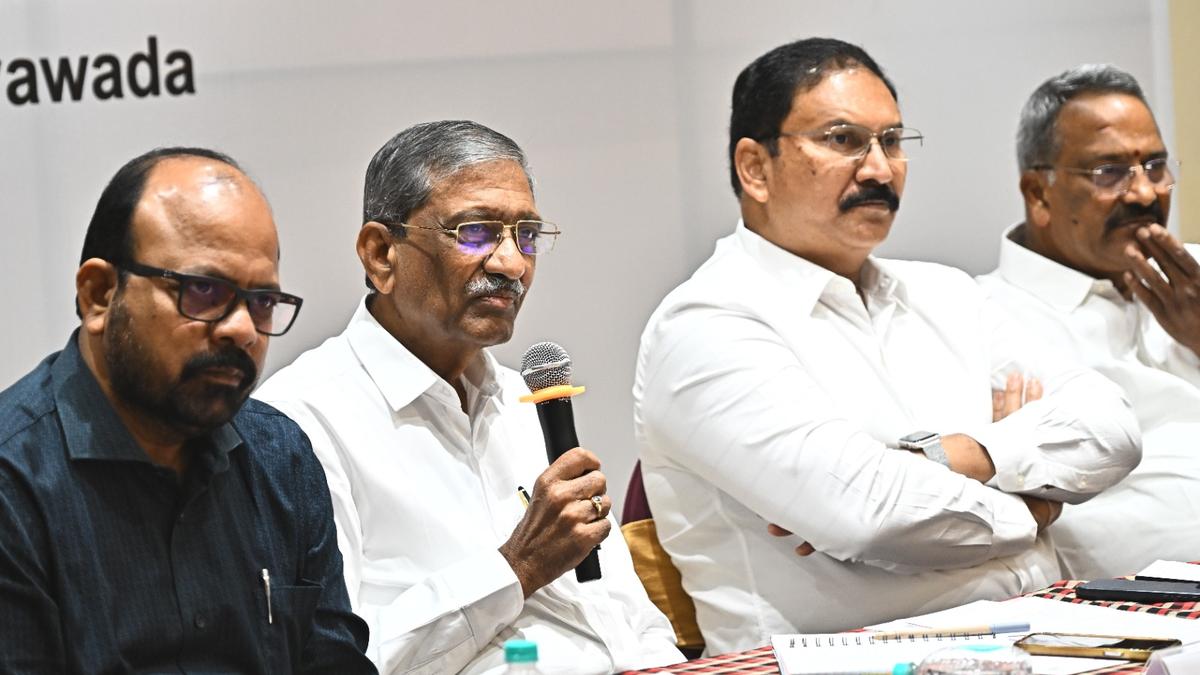Celebrating its 10th anniversary, the Kerala Startup Mission (KSUM) has set an ambitious target of developing 10 Deep Tech start-ups across five critical sectors with an annual turnover of ₹1,000 crore in the next 10 years.
The agency also aims at setting up an emerging technology hub at an investment of ₹500 crore in Thiruvananthapuram.
Deep Tech start-ups are the ones developing innovative technologies through scientific and engineering breakthroughs.
Health sector
“We have health-care institutions of global standards such as the Sree Chitra Tirunal Institute for Medical Sciences and Technology, Rajiv Gandhi Centre for Biotechnology, Regional Cancer Centre, and Malabar Cancer Centre. The KSUM proposes to encourage Deep Tech start-ups in the health sector with the support of these institutions. We are aiming at creating start-ups in the fields of image processing, medical electronics, regenerative medicine, brain computer interface and so on,” said KSUM Chief Executive Officer Anoop P. Ambika.
Space is another area targeted by the KSUM. It aims at developing start-ups in satellite communication, ground station services, low earth orbit satellites, and data analytics by utilising the ecosystem developed by premier institutions such as the Indian Space Research Organisation, Vikram Sarabhai Space Centre, and the Liquid Propulsions Systems Centre.
New-age renewable energy
Research-oriented start-ups to identify new-age renewable energy sources beyond solar energy and develop technologies to tap them is another focal area. New generation perovskite cells solar panel, nuclear energy sources, smart grid, marine energy, and thermal systems will all come under the ambit of research.
Mr. Ambika said the emergence of augmented/extended/virtual reality has made creative interventions pivotal in all sectors. The KSUM proposes to develop modern start-ups in the field of digital media and entertainment beyond cartoon and cinema through these technologies.
Plans are afoot to form decentralised clusters of the existing Innovation and Entrepreneurship Development Centres at the district level to develop an effective ecosystem for Deep Tech start-ups. These Deep Tech Innovation Clusters will be formed by taking on board research institutes, medical colleges, higher education institutions, and professional communities. Former students of research institutes and professional colleges may also be made part of these clusters. We also plan to set up freedom squares in each district for collective action and organise discussions for these clusters, Mr. Ambika said.
GPU cluster
A GPU cluster, a collection of interconnected graphics processing units (GPUs), will be developed to support Deep Tech start-ups. A project by the name ‘New Innings’ will be introduced to encourage retired employees aged 60 or beyond to begin start-ups.
“Developing an ecosystem for Deep Tech start-ups calls for modern and constantly reinventing technologies. Technologies such as data science, Generative Artificial Intelligence, machine learning, quantum computing, biotechnology, genetic engineering, Internet of Things, blockchain, nano programmable matter, neuromorphic and optical computing, 4D printing, and synthetic biology will serve as the backbone for developing Deep Tech start-ups in five chosen critical areas,” said Mr. Ambika.



.png)
.png)
.png)
















 1 day ago
3
1 day ago
3









 English (US) ·
English (US) ·